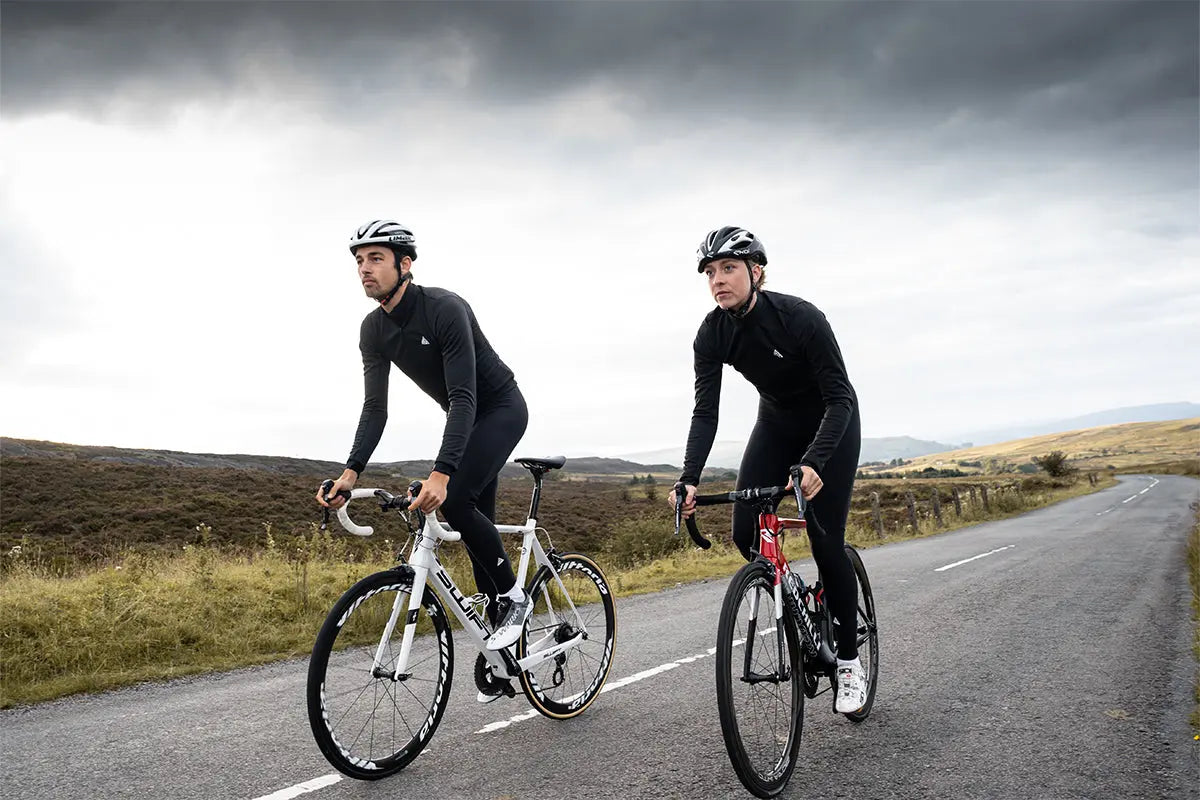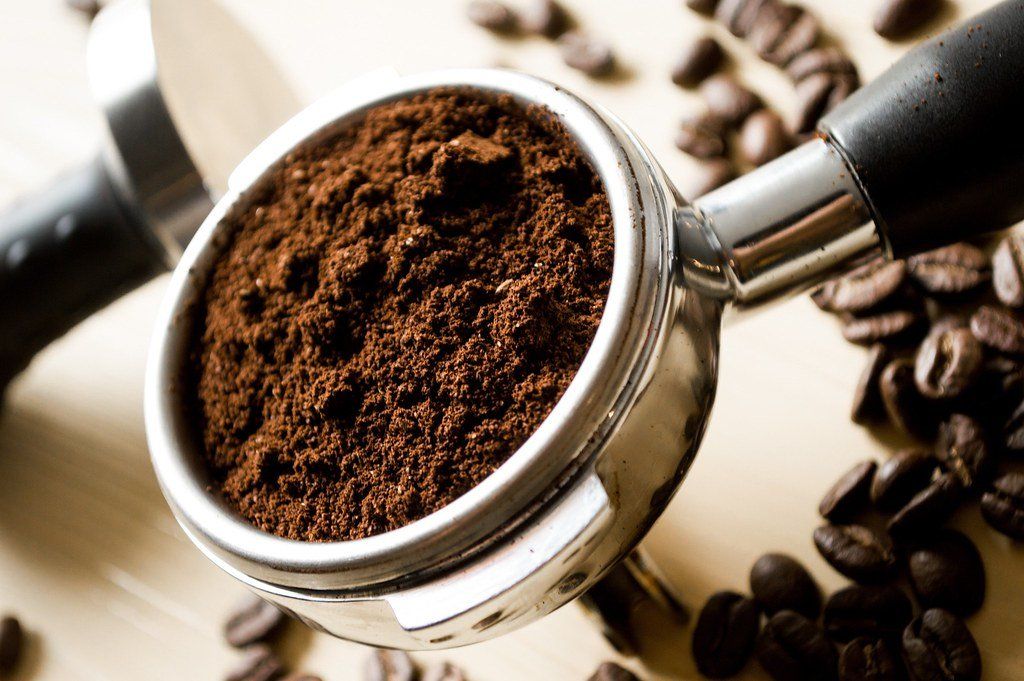Coach Tom Kirk (CustomCycleCoaching) Explains the science of carbohydrates, how to implement a successful nutrition plan for all types of riding.
TLDR:
Cycling nutrition and training interact and nutritional strategies can lead to some valuable 'marginal gains'. Here we examine how manipulation of carbohydrate stores and intake can influence training adaptations and race-day performance.
Sometimes, restricted carbohydrate may be useful to enhance training adaptation but in most races and hard training sessions carbs are king. However, not all commercial sports products are equal so we look at some of the characteristics you should look for in your drinks, bars and gels. Extremely high carbohydrate intakes are possible with certain mixes of carbohydrate sources, however the stomach needs to adapt to be able to use these without gastrointestinal issues. The balance of certain training sessions being performed with low-carbohydrate availability while others are well fuelled to allow for intense training and train the gut to handle high carbohydrate feeding for races is termed 'fuelling for the work required'.
Carbohydrate demands for racing/high intensity training
Your body uses a mix of two main fuels during exercise, carbohydrates and fats. During low intensity training a greater proportion of the energy used comes from fats, while when pushing harder a greater proportion comes from carbohydrates which are stored in the body as muscle and liver glycogen. Strategies like carbohydrate loading can help to maximise glycogen stores before your ride while blood glucose levels are maintained by the breakdown of liver glycogen to provide glucose to the blood and by eating and drinking carbohydrates during your ride.

-
Carbohydrates (blue) provide a greater proportion of total energy as intensity increases. (Romijn et al, 1993).
Restricted Carbohydrate training sessions
While race-day cycling nutrition strategies focus on maximising carbohydrate availability, certain training adaptations related to aerobic ability can be enhanced by training with low carbohydrate availability. It is thought that low muscle glycogen concentrations affect cell signalling within the body, training adaptations and as a result, cycling performance.
Cycling nutrition strategies to train with low carbohydrate availability include:
- Training twice per day – a more intense first session depletes glycogen stores then restricting carbohydrate in the recovery period between sessions keeps them low. The second, low glycogen session should be a low to moderate intensity ride.
- Sleep low-train low – a variation on the first option. An evening training session depletes glycogen stores and a low carbohydrate dinner and breakfast keeps them low for the morning ride.
- Fasted training – skipping breakfast, or more correctly eating after the morning session, reduces liver glycogen and circulating blood glucose rather than muscle glycogen.
- High fat diets – chronically restricting carbohydrate in the diet will maintain low muscle and liver glycogen concentrations, but will restrict high intensity training and may reduce muscle protein synthesis.
Maximising carbohydrate availability for intense training and racing.
Previously, cycling nutrition guidelines were based on the assumption that the maximum amount of carbohydrates the body could use was around 60g/hour. While this is true when a single source of carbohydrates, such as glucose is used, more recently we have discovered that multiple sources of carbohydrates when ingested in specific ratios and at high loads can be used at a much higher rate, 90-120g/hour (Rowlands et al, 2015). If the body is able to use such high amounts of ingested carbohydrate it will spare the limited muscle and liver glycogen stores, allowing you to cycle further and faster before fatiguing.
A word of caution, very high carbohydrate intakes such as this require nutritional training to be effective. If you're not used to these high amounts of carbohydrates you might suffer from an upset stomach. I would recommend trying any nutritional strategy in training before competition and bear in mind that it may take a while to adapt to such a high intake. As such, high carbohydrate training sessions are an also important part of your cycling nutrition strategy in order to 'train the gut' (Jeukendrup 2017).
Fuel for the work required – carbohydrate periodisation to maintain metabolic flexibility.
From the previous two sections you will realise that optimal cycling nutrition can vary dramatically based on the training goals and whether you will be racing.
- For racing and important high intensity training sessions you will want to maximise carbohydrate availability.
- On other days, restricting carbohydrate may enhance training adaptations.
- In order to make use of the latest cycling nutrition guidelines and maximise the use of carbohydrates during competition you should periodically train with high carbohydrate drinks and food to train the gut.
As such, recent research proposes the principle of carbohydrate periodisation or 'fuel for the work required'. Here, low intensity sessions can be carbohydrate restricted, using some of the strategies we discussed, while high intensity training and racing is well fuelled before and during to maximise performance. The picture below shows an example 4-day carbohydrate feeding schedule for a variety of training sessions requiring, low, medium or high carbohydrate intakes (what counts as low, medium or high will depend on the individual).




